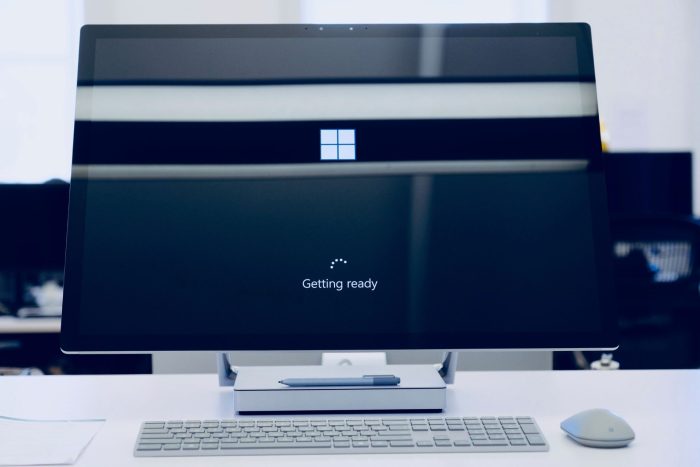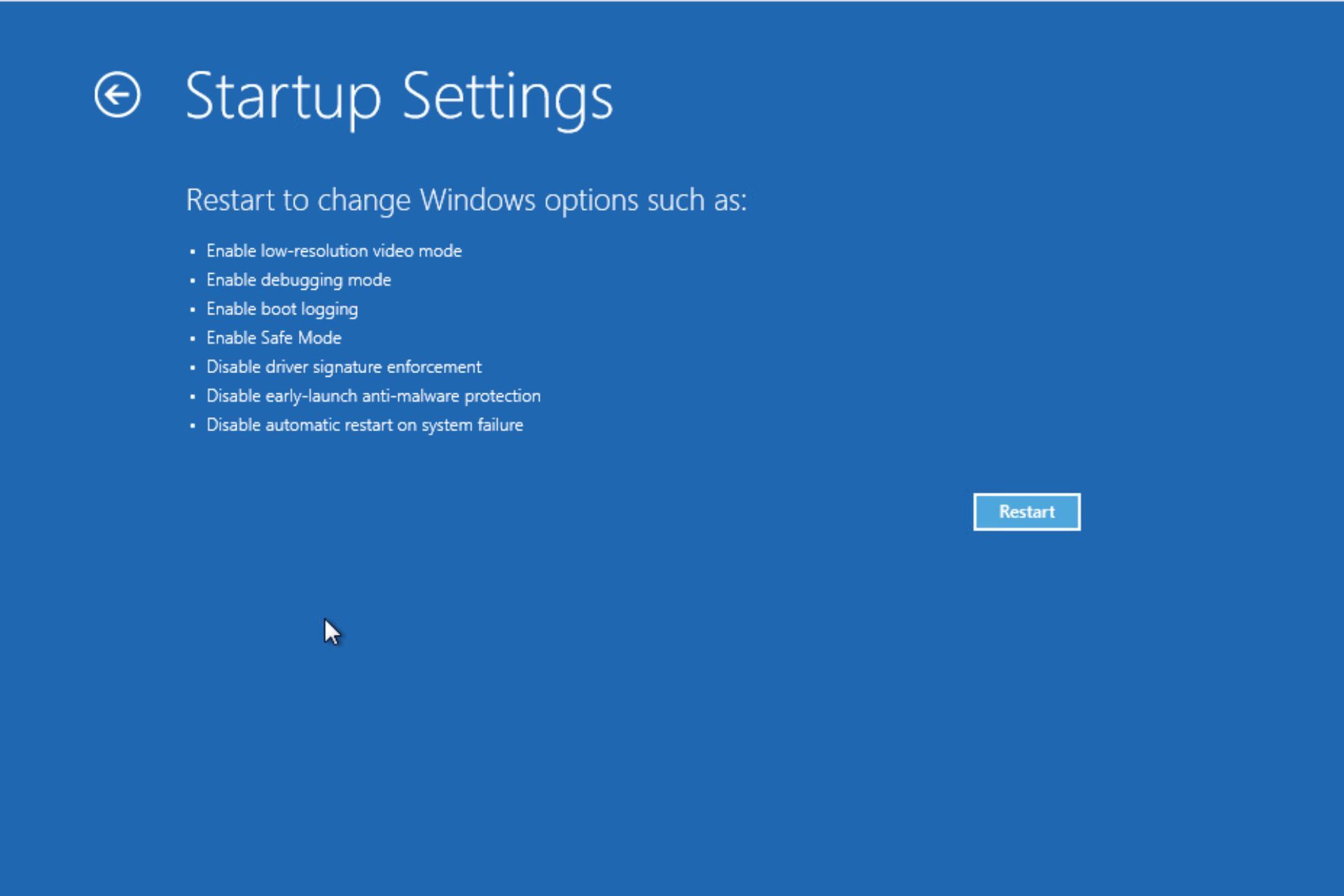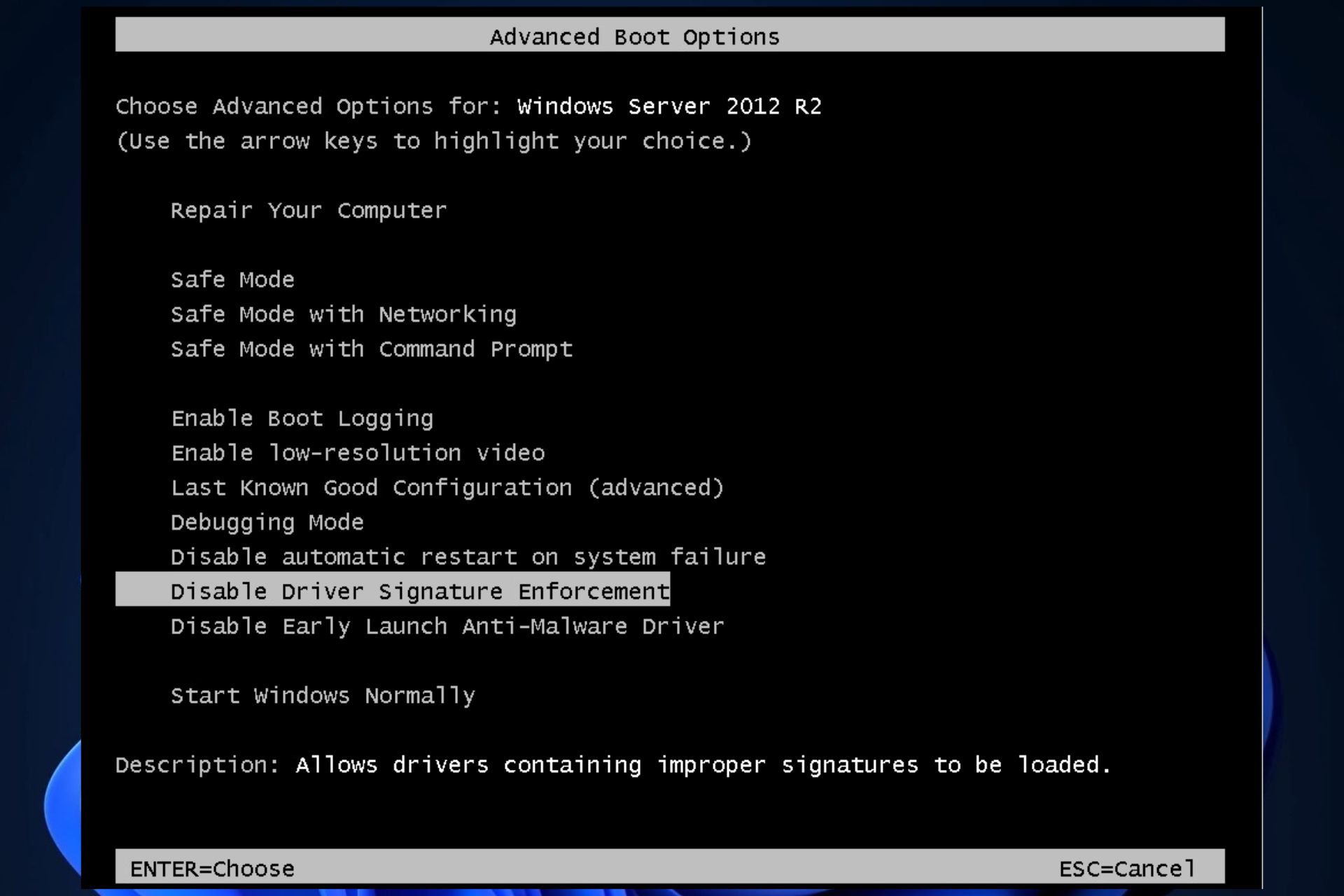Don't download the latest NOD ESET Server Security updates as they will entirely kill Windows Server 2012
ESET released a temporary workaround for this issue.
2 min. read
Published on
Read our disclosure page to find out how can you help Windows Report sustain the editorial team Read more

NOD released the latest ESET Server Security updates on January 30, and it seems the updates, going by the name of 10.0.12015.0, caused a huge conflict with Windows Server 2012 R2, effectively preventing the operating system from booting.
The issue is caused by a driver conflict, and according to NOD, several product versions are affected by this, including:
- ESET Server Security for Microsoft Windows version 10.0.12015.0
- ESET Mail Security for IBM Domino version 10.0.14007.0
- ESET Mail Security for Microsoft Exchange Server version 10.0.10018.0
- ESET Security for Microsoft SharePoint Server version 10.0.15005.0
It seems that once the updates are installed, if Windows Server 2012 is restarted, it doesn’t properly restart, instead, it will open the Windows Restore System, a menu that opens when Windows is usually deeply corrupted.
Since the issue was confirmed to be caused by a driver conflict, ESET has offered a temporary solution for now, while working on a more permanent solution to this issue.
Users will need to disable the driver signature enforcement before installing these updates.
How to disable the driver signature enforcement?
- Enter the Windows Restore System.
- Click on Troubleshoot > Startup Settings > Restart.
This will prompt Windows to open up the Advanced boot options screen, from where you can easily disable the driver signature enforcement. Just select it and press Enter.
This will allow Windows Server 2012 to properly boot long enough for you to uninstall the latest NOD ESET Server Security updates (10.0.12015.0).
Then, you’ll have to restart Windows Server 2012, once again, and after this, ESET advises users to download and install the ESET Server Security for Microsoft Windows Server version 10.0.12014.0 from the ESET website.
The company is currently working on a permanent solution to this issue, and it will be released in the next few days, or weeks. Until then, avoid installing these updates, especially if you’re running Windows Server 2012 R2.










